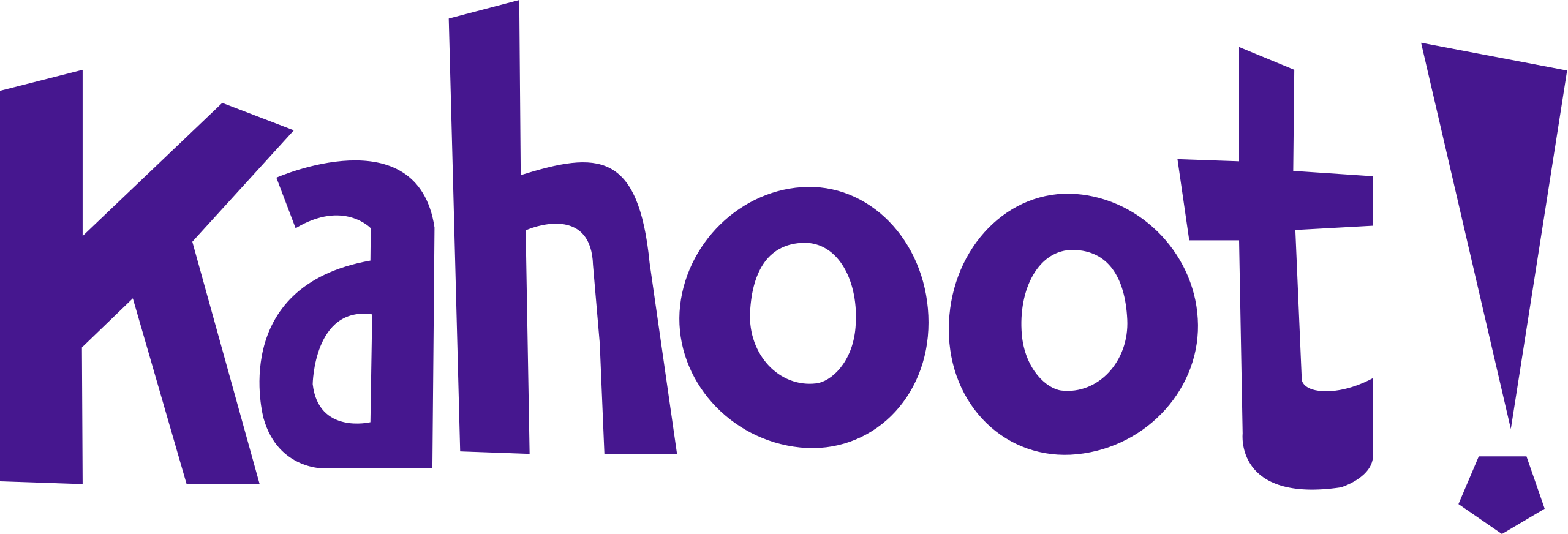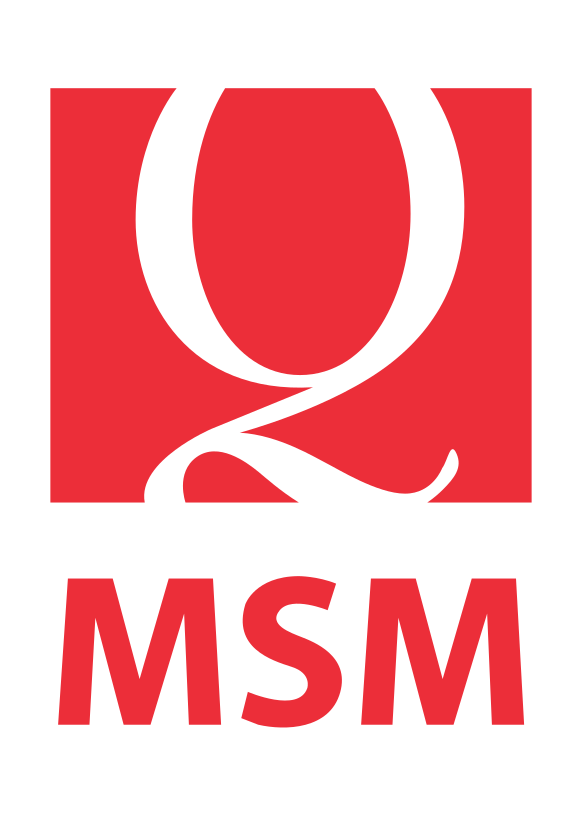Fast-growth and new opportunities for collaboration
Since Kahoot! first launched in 2013, the company has grown into a leading global learning and engagement platform with 24 million users globally in the last twelve months. As it expanded and acquired other companies, new opportunities arose to leverage best practices and consolidate processes and platforms across different teams.
With a global sales operation, data visibility is key, according to Kristiina Öis, Kahoot!’s Sales & Customer Success Operation Controller:
“With all of the mergers and acquisitions, we had a lot of different sales teams and CS teams working with different tools,” Kristiina remembers. “Management saw the opportunity to consolidate global sales and operations to get a detailed overview of the situation. This would enable us to see how much we were selling and help us forecast our sales more accurately.”
Difficulties cross-selling
Transparency and collaboration is highly valued at Kahoot!. A centralized source of data would enable salespeople to cross-sell and upsell from Kahoot!’s growing product suite and identify valuable opportunities more easily.
“We wanted a better overview of customers who purchased Kahoot! solutions, because they might also be interested in something else,” Kristiina says. “But who owned that relationship? Who should I talk to internally? How can I reach out to the customer in a positive way? Salespeople required this information to make their work more efficient. We needed a place where we could bring all of that together.”
Improving communication across teams
Without a central system for collaboration, vital business processes like billing and customer onboarding also required a lot of time-consuming back and forth between different teams. This caused delays, and left the door open for human error and frustrating customer experiences.
“When it was time to onboard a customer, we were dependent on the availability of the sales rep and customer success rep to sit down and have a handover meeting,” Kristiina explains.
They ran into similar delays to set up customer billing: “It required communication between the sales rep and the finance team. They needed to send billing and subscription details over, and then someone from the finance team had to add this information into a separate system before we could start billing the customer.”
Unifying teams and products
Kahoot! made the decision to bring all of their different products onto a single CRM: HubSpot. Now, they have better visibility, better collaboration across teams, and better communication with their customers.
“We’re putting all of our information together. We have all of our opportunities across different products in one place,” Kristiina says. “It’s in different pipelines, but it’s all in one tool, so everyone has visibility into what we are selling, how much of our different products we’re selling, and what communication we’re having with customers.”
Now, team members across the company can quickly find information they need for their most important products in HubSpot, whether it’s sales or customer success or even the finance department. “People send fewer Google Sheets and Excel spreadsheets and more HubSpot dashboards and reports. There’s a unified vision of where to go to find information, and it’s very helpful because it keeps people organized and keeps things running smoothly.”
Automations and workflows
The best tools to improve interdepartmental collaboration have been HubSpot’s automations and workflows. The company has integrated the billing system for Motimate, one of Kahoot!’s products, with HubSpot, which has automated deal-closing. Invoices are now generated automatically instead of requiring time and resources to coordinate manually.
They’ve automated customer onboarding for Motimate and closed the communication gap between sales and customer success by eliminating the need for handover meetings: “As soon as a new deal is closed, an onboarding ticket is created for the customer success onboarding pipeline. At the same time, a new task is created for the sales rep to input all of the relevant information regarding this customer into HubSpot. This cuts down the timeline to onboard a new customer significantly,” Kristiina says. “In some cases, we close the deal on a Monday, and by Tuesday the customer success team can have the first onboarding meeting with the customer.”
These faster handovers mean faster timelines for clients, too: “They are eager to get started as soon as possible. With all of the information in HubSpot, the customer success team can book their first onboarding session with the customer instead of waiting for a handover meeting with the sales rep. It saves a lot of time to have that information readily available in HubSpot.”
Impressive time savings
Kahoot! is still in the early stages of using HubSpot, but they’ve already saved significant amounts of time by adopting the platform. Management spends 50% less time on forecasting than they did before: They no longer need to spend time analyzing different Google Sheets and searching for deal information in different places. “This has been a huge win for sales managers,” Kristiina says.
They’ve automated invoicing for the Motimate product, which has made the invoicing process 3x faster for customers. This has cut down on required communication between the sales and finance teams significantly, saving both teams valuable time. “Invoicing is centralized and automated, so we know the numbers are correct, and we don’t need to communicate with the finance team as much as we previously did,” Kristiina says. “We’re also spending half as much time finding customer usage data, because we have integrated that data into HubSpot. It’s all visible.”




-1.png)

.png)
.png)

.png)


